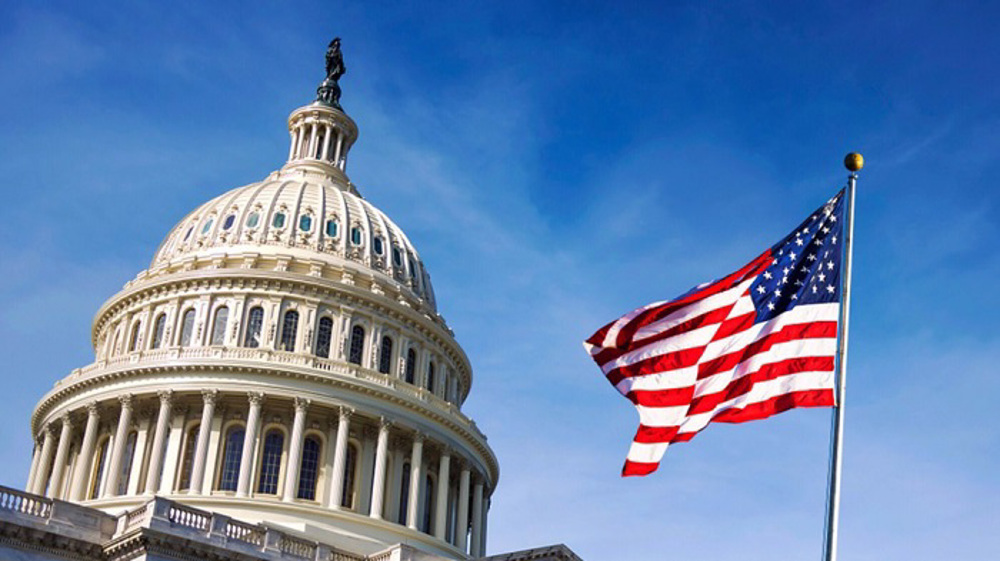Japan voting in snap parliamentary elections
People in Japan have taken to the polls to cast their ballots in snap parliamentary elections, with incumbent Prime Minister Shinzo Abe expected to secure a landslide victory.
Polling stations opened at 7:00 a.m. (2200 GMT) and will close at 8:00 p.m. (1100 GMT) on Sunday, with some 100 million people eligible to vote in the elections held one year ahead of schedule.
Pre-election surveys predict a decisive win for Abe’s Liberal Democratic Party (LDP)-led coalition and a roughly two-thirds “super majority” that Abe has sought to gain by dissolving the parliament and calling the snap elections last month.
The incumbent is seeking to win a stronger mandate to be able to reform Japan’s US-imposed constitution and change the country’s self-defense force into a national army for the first time since World War II, amid tensions with North Korea.
“We will protect Japan at all costs for the future of this country,” Abe said in a speech in the capital, Tokyo, wrapping up a 12-day campaigning.

In an announcement on September 25, the 63-year-old premier stressed that he needed a fresh mandate in order to deal with the “national crises” facing Japan, including North Korea’s nuclear and ballistic missile programs as well as a fast-aging population.
North Korea has threatened to “sink” Japan into the sea and has also fired two missiles over Japanese territory. Japan has not been able to shoot down the missiles because of restrictions in its current constitution.
“The situation in the world is not stable in many aspects and I believe the LDP is the only party to rely on,” a 78-year-old voter, Kyoko Ichida, said after casting ballot in the capital.
A big victory would raise the likelihood that Abe, who assumed office in December 2012 with promises to boost defense and revive the economy, will win a third three-year term as LDP leader next September and go on to become Japan’s longest-serving premier.
Abe faced a dent in popularity earlier this year over a cronyism scandal. A July 22-23 Mainichi newspaper poll showed Abe’s support slipping 10 points to 26 percent from a previous survey in June. In addition, 56 percent of respondents did not back Abe’s government, an increase of 12 points.
VIDEO | Press TV's news headlines
US troopers crack down on pro-Palestinian protests at University of Texas
VIDEO | German warship departs Red Sea as EU 'naval mission' fails
VIDEO | Palestinians inspect rubble of destroyed building in Rafah
Yemeni forces strike US, Israeli vessels in fresh pro-Palestinian operations
‘Say no to Biden’: US college being pressed not to endorse genocide
VIDEO | UN: Alarming food insecurity crisis grips Afghanistan
VIDEO | Stuck in quagmire









 This makes it easy to access the Press TV website
This makes it easy to access the Press TV website